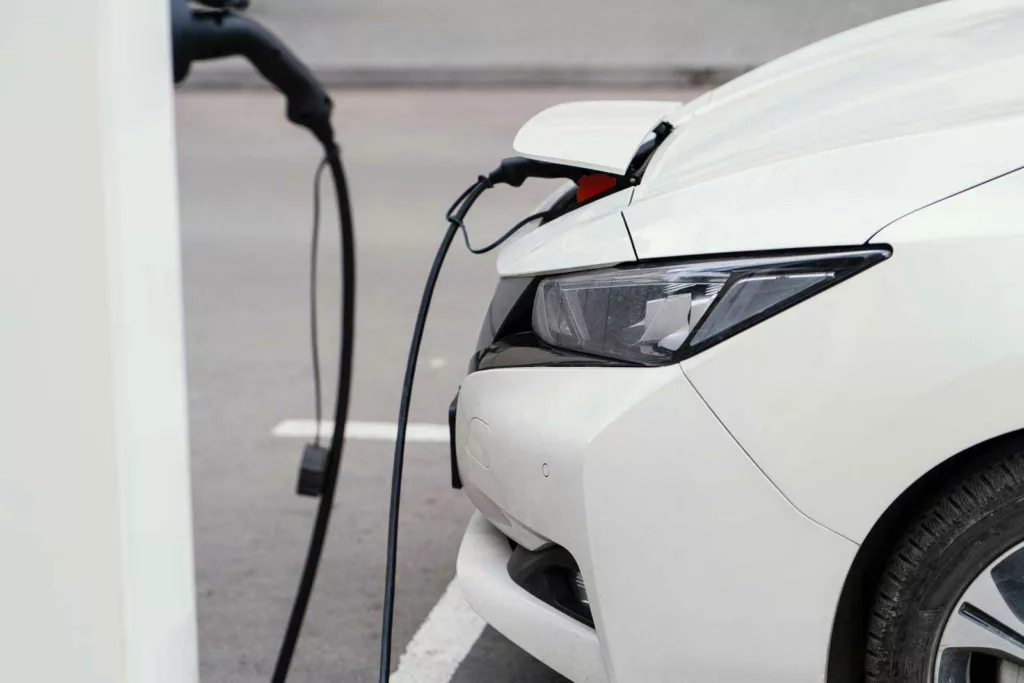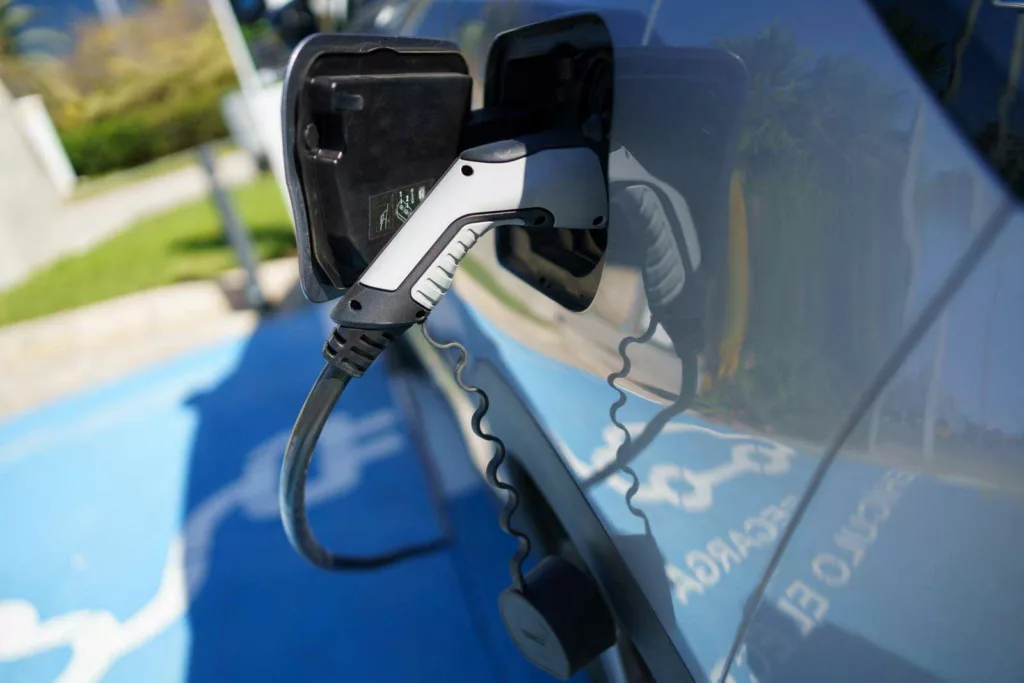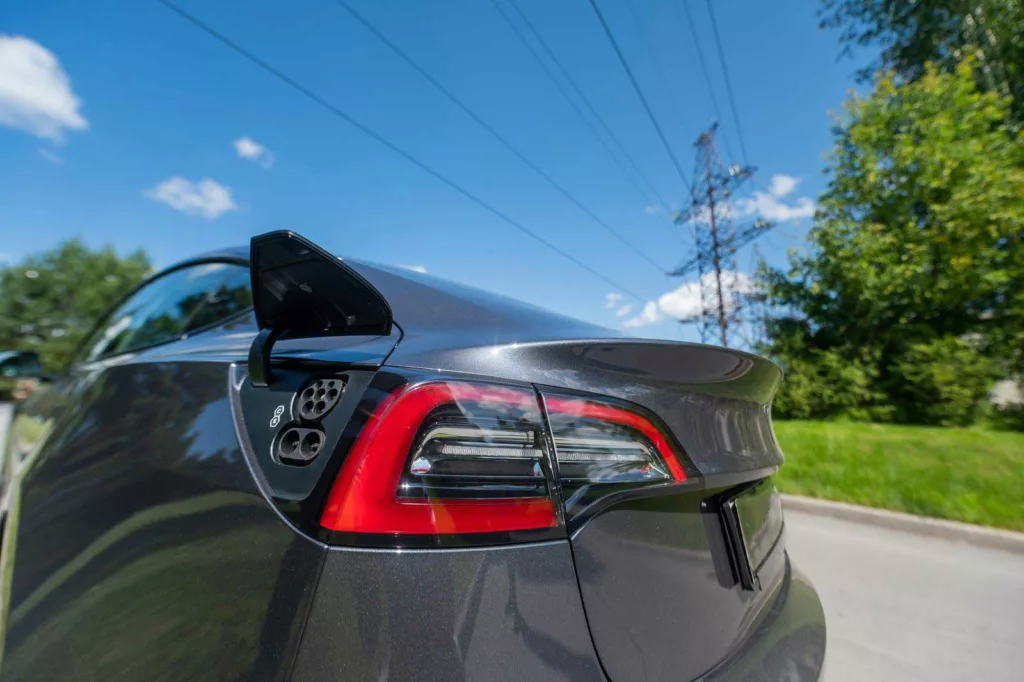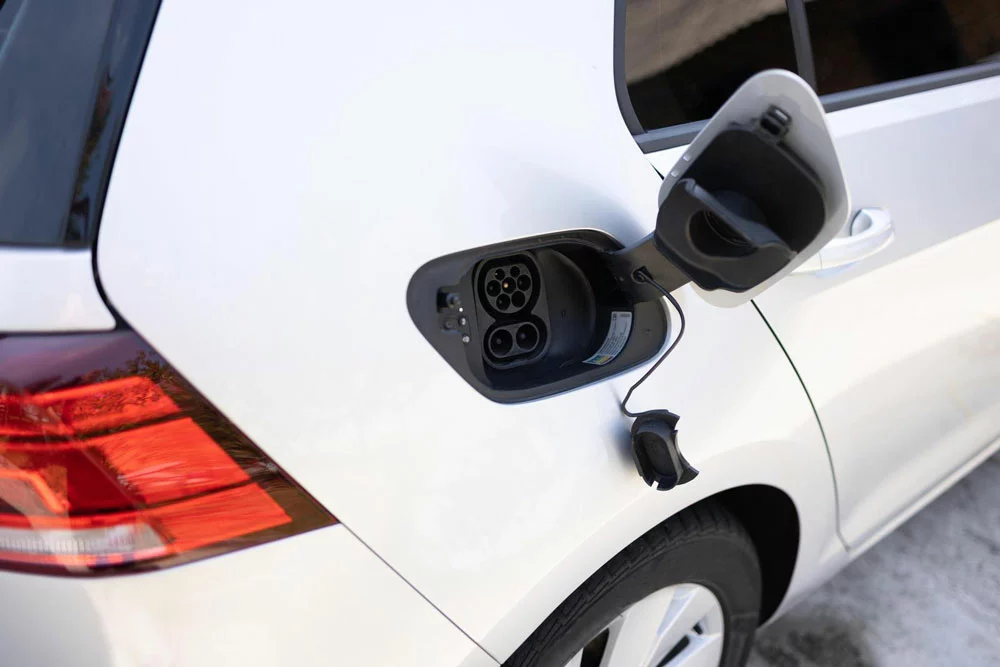Looking for a way to go green without disrupting your daily routine? Electric cars might be the answer.
With their sleek design and high-tech features, electric cars promise a fun, convenient way to get from point A to point B.
However, as is the case with any big decision, you should consider some electric car pros and cons before making the switch.
Whether you’re on the hunt for an environmentally friendly car or just curious about all the hype, read on for a comprehensive look at everything you need to know about electric cars.
What Defines an Electric Car?
Electric car models are revolutionizing the way we think about transportation. Not only are they more environmentally friendly, but they’re also more affordable and convenient than traditional gas-powered cars.
You can plug electric cars into an outlet to recharge, similar to how you would charge your cell phone or laptop. The first electric car appeared way back in 1832.
However, It wasn’t until recently that they began to gain mainstream attention due to technological advancements and increased environmental consciousness.

Electric car
How Do Electric Vehicles Work?
They work by using electricity from the batteries to power the electric motor.
The motor turns gears, which powers the car’s wheels. It differs from traditional gas engines, which use fossil fuels to power an internal combustion engine.
There are several types of electric cars, but the most common are hybrid electric vehicles (HEVs), plug-in hybrid electric vehicles (PHEVs), and all-electric vehicles (AEVs).
Electric Car Pros and Cons: Advantages of Electric Cars
1. More Energy Efficient with fewer costs
EVs convert about 59% to 62% of the electrical energy stored in the battery, while gasoline cars only convert about 17% to 21% of the stored energy in gasoline.
It means electric cars are three times as energy efficient as gasoline cars.
Plus, charging an EV typically costs less than fuel costs.
2. Low-Maintenance
EVs also have fewer moving parts, so fewer things can break down or need repairs. On the other hand, gasoline engines have numerous moving parts that can wear out over time.
Plus, EVs don’t have spark plugs or filters that need to be replaced regularly.
3. Minimize Carbon Footprint
EVs produce zero emissions, which means they don’t contribute to air pollution or climate change.
In contrast, gas-powered vehicles result in greenhouse gas emissions, including carbon dioxide (CO2), nitrogen oxides (NOx), and particulate matter (PM).
Not only do these emissions cause health problems, but they also contribute to climate change.
4. Tax Credits
Electric vehicles may also be eligible for federal tax credits, which can further reduce the cost of ownership.
For example, the federal government offers a tax credit of up to $7,500 to purchase a new electric vehicle.
Additionally, many states offer incentives for purchasing an electric vehicle, such as rebates or free parking.
Electric Car Pros and Cons: Disadvantages of Electric Cars
1. Limited Driving Range
One of the primary disadvantages of EVs is that they have a limited range.
They typically range around 100 miles, while conventional vehicles range 300-40from 0 miles. It means that they aren’t well suited for long-distance travel.
2. Long Time to Recharge
Depending on the battery capacity, it can take anywhere from 6 to 8 hours to fully charge an electric car.
On the other hand, It only takes around 5 minutes to refuel a traditional car from the gas station.

Car charging its electric battery
3. Costly Battery Replacement
One of the most expensive aspects of owning an electric vehicle is battery replacement.
The average cost of a battery for an EV ranges between $2,000 and $10,000. It costs way more than replacing a battery in a gas vehicle.

electric car charging socket
4. Finding Charging Stations
Although there are over 43,000 public charging stations in the United States, they are not evenly distributed or as available as gas stations are.
And this makes it difficult for people who live in rural areas or far from urban centers to find a place to charge their vehicles.

Charging station
Advantages and Disadvantages of Plug-in Hybrid Vehicles
PHEVs are a great choice for drivers who want the benefits of driving an electric vehicle without worrying about running out of power.
They emit no tailpipe emissions, making them environmentally friendly, and they come with the convenience of a fuel backup.
It is perfect for those who aren’t ready to switch to a fully electric vehicle due to concerns about running out of power.
This way, you can go on long drives without worrying about being stranded with a dead battery.
Although PHEVs have many advantages, one of the most significant disadvantages is their long charging time.
Additionally, fast charging is not always available for all PHEVs, leaving many drivers waiting for even longer periods to recharge.
They are typically much more expensive than traditional cars, making them a more costly investment for many buyers.

Electric car with fast-charging socket
Electric Car Pros and Cons: Are Electric Vehicles Worth It?
There’s no definitive answer to this question; it depends on your needs and preferences. An electric car may be a great choice if you’re looking to save money on fuel costs and reduce your carbon footprint.
However, if you’re not concerned about emissions and want the convenience of a long driving range, then a traditional gasoline-powered car might be a better option.
Summary
If you’re still on the fence about electric cars, hybrids, or plug-in hybrids, we hope this article has helped you decide.
We’ve outlined the pros and cons of each type of vehicle so that you can decide which one is right for you.
Ultimately, your needs and preferences depend on whether an electric car is right for you. If you have any questions, don’t hesitate to get in touch with us.
